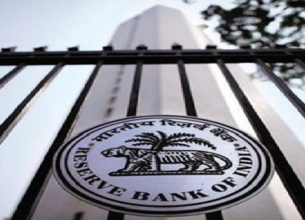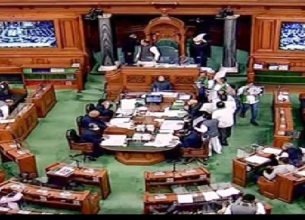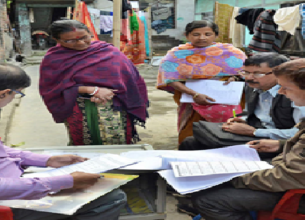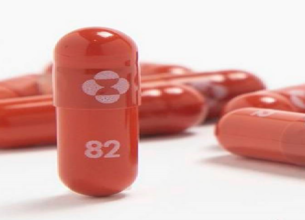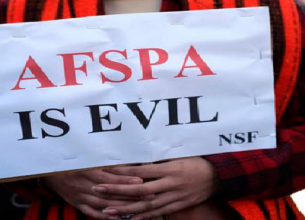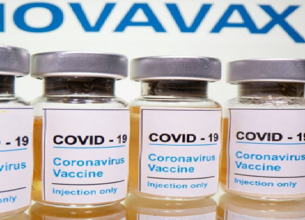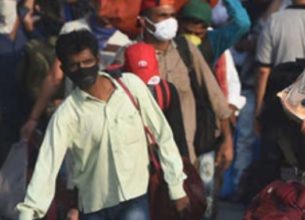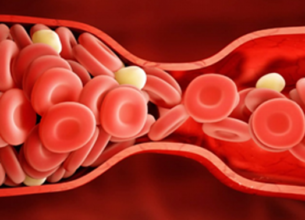DEPARTMENT OF PHARMA WARNS SCARCITY OF DRUGS AND MEDICAL DEVICES
13, Apr 2020
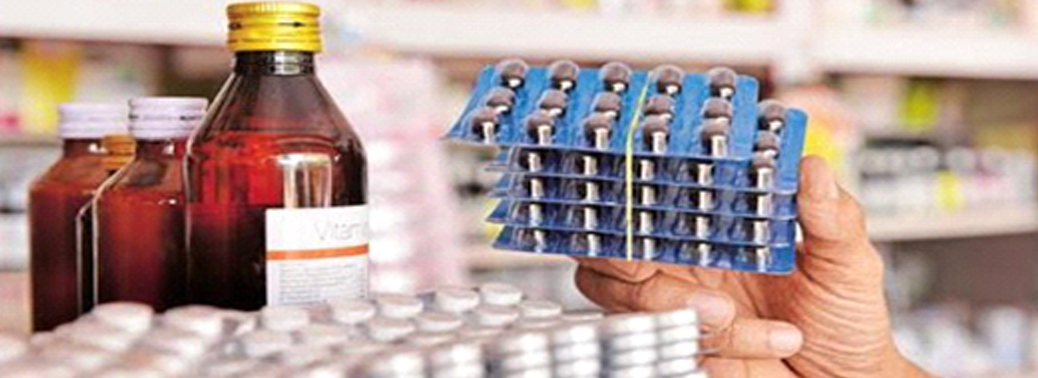
Prelims level : Medicines and Pharmaceuticals
Mains level : GS-II Issues relating to development and management of Social Sector or Services relating to Health, Education, Human Resources.
Why in News?
Recently, the Department of Pharmaceuticals has warned of a Nationwide Shortage of Medicines and Medical Devices.
About the News:
- It has urged the Ministry of Home Affairs to take immediate steps to help the drug makers resume production under the current lockdown.
- The National Pharmaceutical Pricing Authority (NPPA) had also written to all State Chief Secretaries on the problems faced by the pharma firms.

Key Points:
- The Department of Pharmaceuticals under the Ministry of Chemicals and Fertilizers is entrusted with ensuring the seamless production and distribution of critical life-saving medicines in the wake of the lockdown to contain the Covid-19 pandemic.
- On an average, drug and medical device makers are functioning at only 20%-30% of their full capacity during the lockdown.
- Production units engaged in making essential commodities, including medicines, vaccines, masks and their ancillaries have been exempted from the restrictions imposed as per the national lockdown.
- If the production will not reach the pre-lockdown level soon, it would lead to shortages of medicines and medical devices in the coming weeks.
- Both in the public and private sector, the seamless functioning of pharma manufacturing and distribution units is crucial in dealing with the crisis.
- A helpline has been created for pharma producers’ operational complaints, which are also being referred to State Drug Controllers for suitable intervention.
Challenges Ahead:
- Export of Indian pharmaceuticals offer a better price in global markets which can lead to disproportionate shortages in the domestic market.
- Restrictions on mobility and production in several states.
- Unavailability of labour, transport and courier services.
- Reverse migration (from cities to sub-urban/rural areas) of labour and local workers.
- Lack of public transport options and the fear of police action.
- Drivers have left their trucks on highways fearing stoppage of vehicles on State, district and city borders and lack of food and diesel on the Route.
- Closure of ancillary industries which are not being considered essential by few local administrations.
- They supply packaging material, excipients (required for tablets and capsules manufacturing), utility consumables like briquettes/gases (required to run boilers) and spare parts.
Suggestions to Address the Grievances:
- Suitable measures are needed to reduce the export and focus more on domestic needs.
- State and district administrations need to be sensitised so that they can proactively fulfil the needs of pharma units to function fully.
- Allowance to the pharma industry to ferry back their contractual workers from their native places and make courier services fully functional in metro, Tier 1 and Tier 2 cities.
- Drivers with commercial licences should be allowed to move with or without a vehicle by treating it as a ‘pass’ during the lockdown.The apprehensions of the drivers need to be addressed and they also need to be motivated and incentivised.



